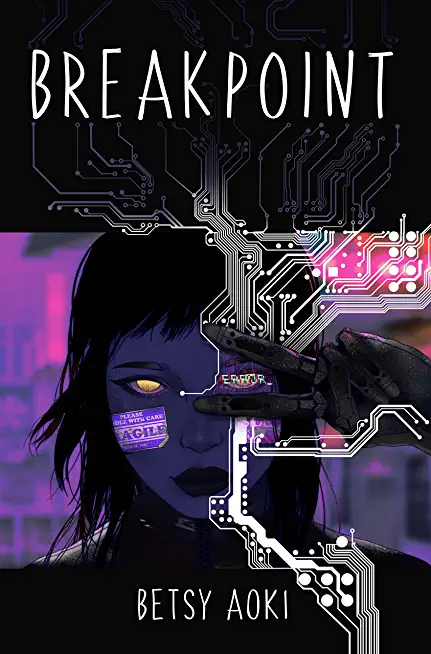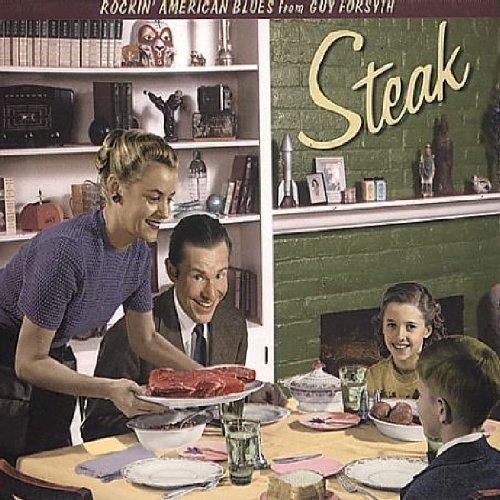
Suzuki, Michiko
product information
description
t of "traditional Japan," the kimono is in fact a vibrant part of Japanese modernity, playing an integral role in literature and film throughout the twentieth century. Reading the Kimono in Twentieth-Century Japanese Literature and Film is the first extended study to offer new ways of interpreting textual and visual narratives through "kimono language"--what these garments communicate within their literary, historical, and cultural contexts. Kimonos on the page and screen do much more than create verisimilitude or function as one-dimensional symbols. They go beyond simply indicating the wearer's age, gender, class, and taste; as eloquent, heterogeneous objects, they speak of wartime and postwar histories and shed light on everything from gender politics to censorship. By reclaiming "kimono language"--once a powerful shared vernacular--Michiko Suzuki accesses inner lives of characters, hidden plot points, intertextual meanings, resistant messages, and social commentary. Reading the Kimono examines modern Japanese literary works and their cinematic adaptations, including Tanizaki Jun'ichirō's canonical novel, The Makioka Sisters, and its film versions, one screened under the US Occupation and another directed by Ichikawa Kon in 1983. It also investigates Kōda Aya's Kimono and Flowing, as well as Naruse Mikio's 1956 film adaptation of the latter. Reading the Kimono additionally advances the study of women writers by discussing texts by Tsuboi Sakae and Miyao Tomiko, authors often overlooked in scholarship despite their award-winning, bestselling stature. Through her analysis of stories and their afterlives, Suzuki offers a fresh view of the kimono as complex "material" to be read. She asks broader questions about the act of interpretation, what it means to explore both texts and textiles as inherently dynamic objects, shaped by context and considered differently over time. Reading the Kimono is at once an engaging history of the modern kimono and its representation, and a significant study of twentieth-century Japanese literature and film.
member goods
No member items were found under this heading.
Return Policy
All sales are final
Shipping
No special shipping considerations available.
Shipping fees determined at checkout.







